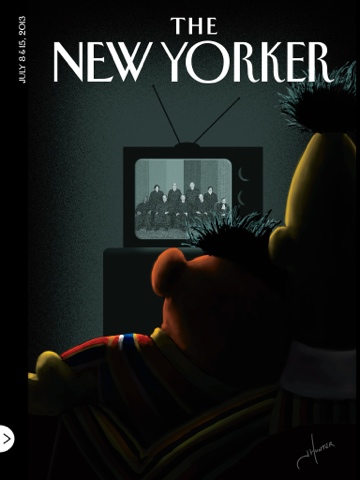Sunday, July 14, 2013
Apple and e-books: what's the big deal?
Breakdown of the Apple e-book anti-trust suit: This is basically all you need know:
Rather than a retail book selling model, where retailers pay a wholesale cost and set prices on their own, Apple was convinced to adopt an agency model, where publishers set the price and where the distributor, Apple, takes a percentage. You've seen this with the 30% iTunes Store and App Store. The problem for Apple then, is Amazon's book prices, which stayed at $9.99 despite the publishers using the agency model to sell the same books through Apple for $14.99 and up. For obvious reasons, Apple didn't want to be undercut. Now to the verbatim quote:
http://tidbits.com/article/13912
An open question is why Apple was so interested in eliminating price competition. There’s some indication that Apple didn’t want to compete with Amazon’s loss-leader strategy, but Apple’s cash hoard would certainly have enabled it to win a price war with Amazon, which doesn’t have nearly Apple’s resources.
How this is an antitrust violation?
Again, there is nothing inherently illegal with the agency model, price caps, or an MFN clause. And there isn’t even anything wrong with combining them in negotiation with a single company. The problem comes when they’re combined in negotiation with six publishers that between them control nearly 50 percent of the book market, and over 90 percent of the New York Times bestsellers.
TidBITS: Explaining the Apple Ebook Price Fixing Suit
http://tidbits.com/article/13912
Subscribe to:
Posts (Atom)
